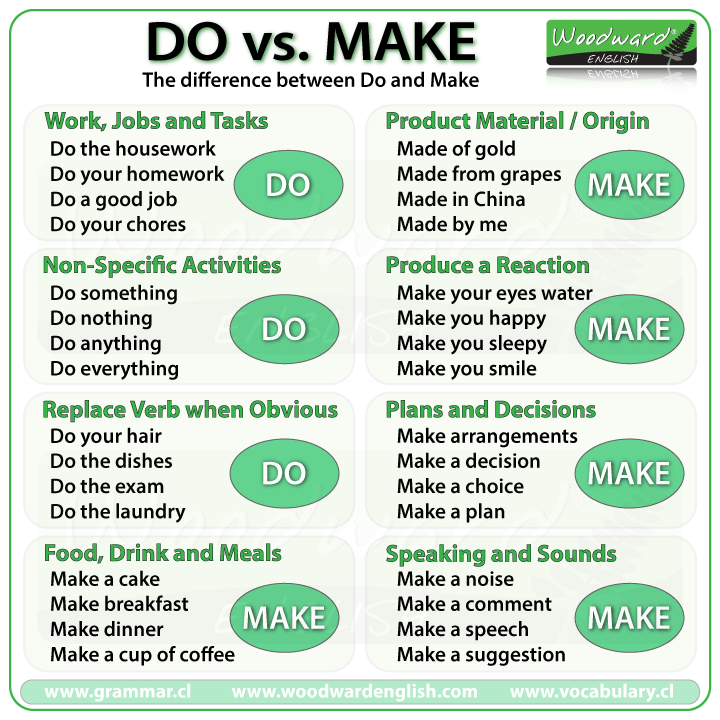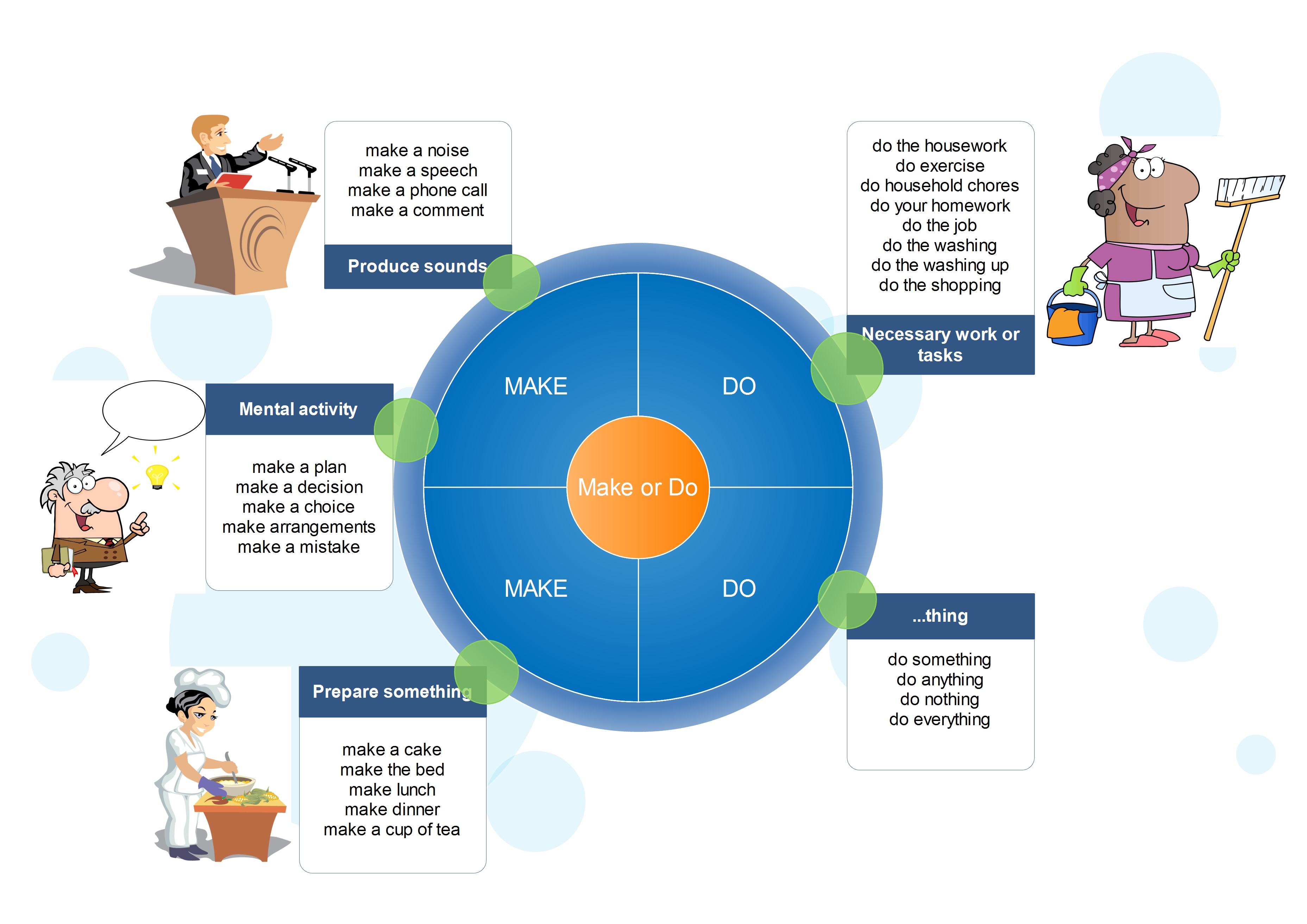
Imagine someone does something you don't like. Saying "I don't like it" or "I don't like this" can sound a little bit childish. So today we will learn a couple of ways to say "I don't like it" more naturally. Ready?
1. I DISLIKE IT
The most similar way of saying "I don't like it". It can also seem very direct and could cause offense to some people.
Examples:
"I dislike the way he talks to me."
"Ian dislikes the taste of strawberry ice-cream."
2. I'M NOT INTO IT
This sentence is more casual. Saying you are not into something means you do not find it interesting or attractive.
Examples:
"I'm not into skinny jeans this season."
"James asked Irina to go with him to the football game but she's not into football, she likes basketball."
3. I'M NOT FOND OF IT
To be fond of means having a liking for or love of something or someone. So, not to be fond of something means you don't like it very much. It is also quite informal.
Examples:
"Since Ben had the accident, he's not very fond of riding a motorcycle."
'I'm not fond of combining purple with orange."
4. I'M NOT CRAZY ABOUT IT
This sentence is similar to the one above, not to be fond of something.
Examples:
"I don't think Tanya is crazy about working extra hours."
"Pauline, sorry but I'm not crazy about this cake. It tastes strange."
5. I DON'T APPRECIATE THAT
This way of expressing dislike is great for professional and serious conversations, as well as for making polite requests. To appreciate means to be grateful for something, so what we are saying is "I'm not grateful for this situation."
Examples:
"I don't appreciate being shouted in public."
"Kathy did not appreciate her gift. She thought it was inappropriate."
6. IT DOESN'T TICKLE MY FANCY
This is an idiom and it means to amuse, entertain, or appeal to someone; to stimulate someone's imagination in a good way. So when we say something did not tickle our fancy, it means we did not find it appealing, funny or interesting.
Examples:
"That comedian's sense of humour doesn't tickle their fancy."
"I love that Halloween party concept that the idea of having blood everywhere doesn't tickle my fancy. It's a bit gross."
7. I'M DESINTERESTED IN / I'M NOT INTERESTED IN
We use these expressions if something simply does not interest us.
Examples:
"My friends are desinterested in politics." = "My friends aren't interested in politics."
"Her boss is disinterested in her ideas." = "Her boss isn't interested in her ideas."
8. THAT'S NOT FOR ME
A neutral way of explaining that something does not appeal to you, that you are not interested.
Examples:
"Everyone loves the series but it's not for me."
"The new fashion trend of high-wasted skirts is not for me."
9. I'M NOT A BIG FAN OF IT
To be a fan of something is an expression lots of people use and most people understand. But to say "I'm not a big fan" is not as common. Of course, it means we do not like something very much.
Examples:
"I'm not a big fan of the new James Bond."
"Don't ask her to go to the Japanese restaurant. She's not a fan of sushi.
10. I'LL PASS
This is a quick way of saying we are not interested in a suggestion.
Examples:
"Do you want to come to the pub?" "Nah, thanks. I'll pass."
"Who wants to participate in this project?" "I have too much work right now. I'll pass, thanks."

After having learnt different ways of saying you don't like something, don't sound so naive and don't keep using that expression! I hope you'll do it in your next projects!

















